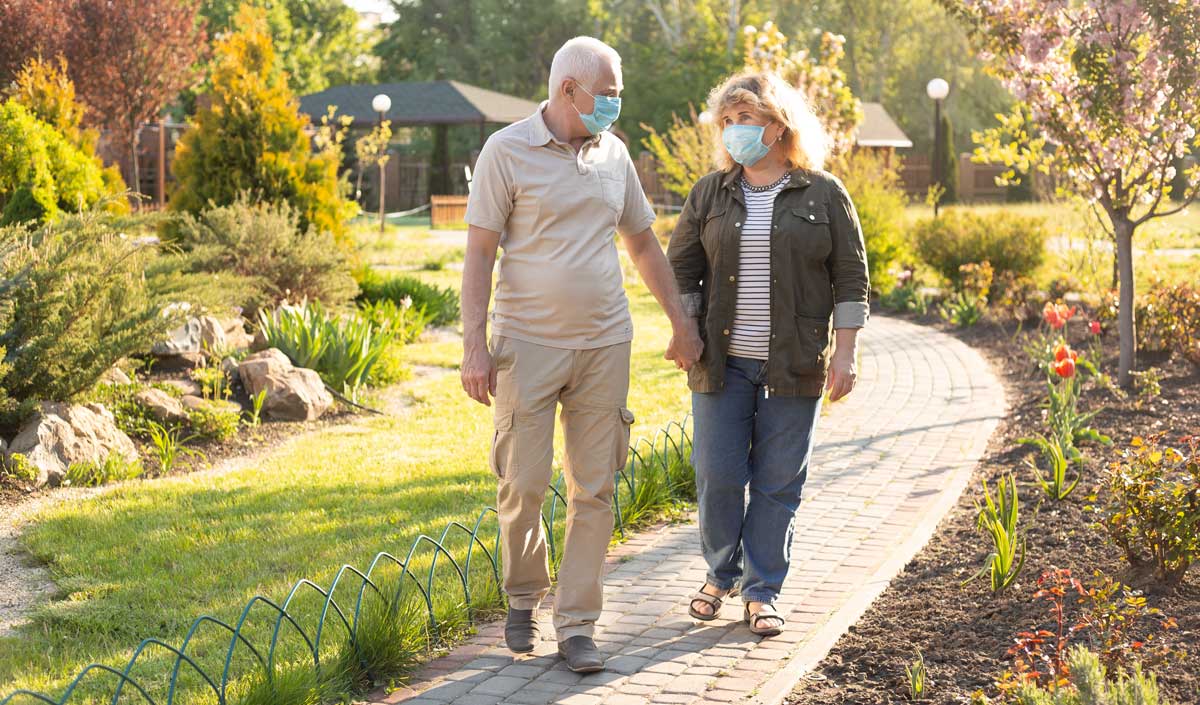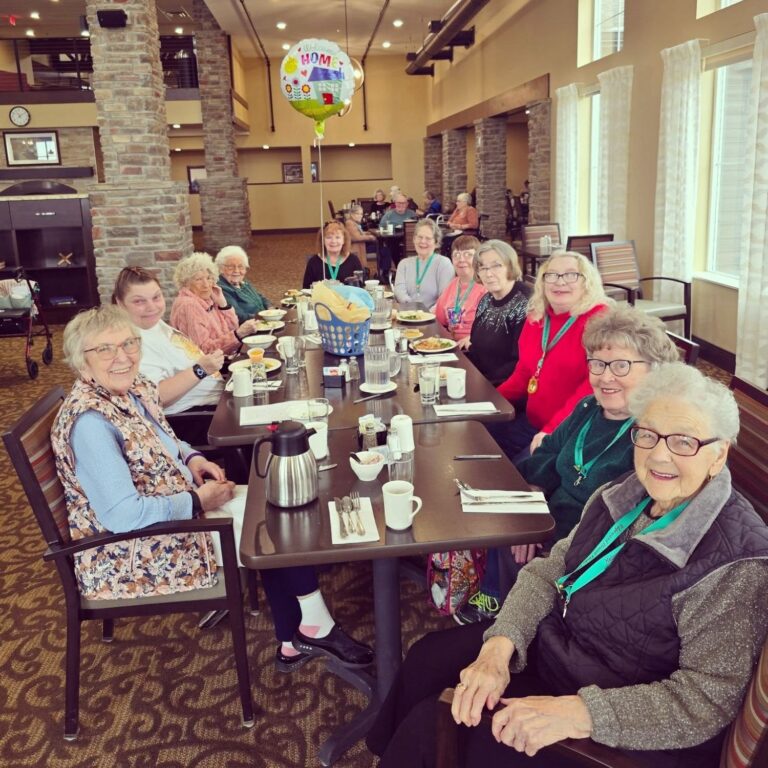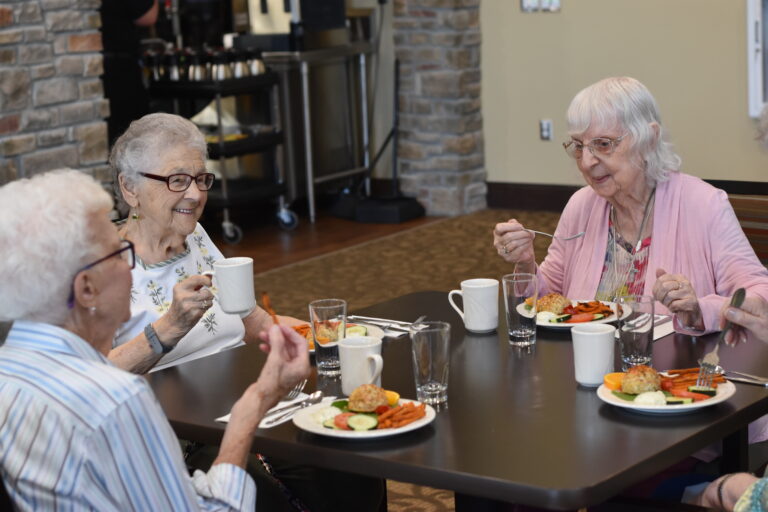
How do you support someone nearing the end of life, or a friend who’s just lost someone due to COVID-19? It’s hard to know what people going through a loss really need, whether it’s someone who is nearing the end of their life or a grieving friend who needs support. There will never be enough words to fill the void a grieving person is feeling, but there are things you can do to show that you’re there for them and that they are not alone during this difficult time.
Remember that each situation is completely unique to the person, their emotions, and the relationship they had with their loved one. Be mindful and know that the same type of comfort that worked for one person in the past may not work for others, and recognize that the effects of the COVID-19 pandemic have likely added to the overall stress of your loved one.Here are some practical tips that can help to show your compassion and grief for a person with limited time, or a grieving family member or friend during this unforeseen circumstance.
Supporting a Family Member or Friend in Hospice Due to COVID-19:
Listen and Talk
Listening to your loved one on hospice will be the best way to truly understand what they need. Let your loved one identify what they consider most important. Ask them what they are thinking about, and what they need. If your loved one has a hard time conveying these feelings, your company and concern will be enough to show them that you are there for them. If you are unable to physically be there to listen, having scheduled video chats or phone calls may be a good alternative.
Memories and Accomplishments
While everyone approaches their latter days differently, people will begin to focus more on specific aspects of their life. Some may feel it’s most important to mend relationships and focus on the people closest to them, while others may like to talk about their accomplishments, things they’ve learned, and their legacy. Either way, be sure your loved one has the chance to open up about these things.
Social Activities
A person nearing the end of their life may feel isolated and out of touch with the world, and the addition of visitor restrictions and social distancing could increase that significantly. To help remedy this feeling, do safe and approved activities that adhere to health guidelines and activities that will suit them most. Social distancing activities could range from looking at old family photos, eating favorite foods, getting fresh air if possible, or simply taking time to sit and talk.
Find out what’s comfortable for them and their best time of day, and make plans to visit or take them out when they feel up for it. This will allow your loved one to feel connected and help them remain positive.
Supporting a Grieving Family Member or Friend Due to COVID-19:
Being There
A great way to show compassion and support in a grieving person’s time of need is by simply being present. Some ways you can be there are to physically show up (following community guidelines), check in on a regular basis, and use thoughtful words like ‘I love you’, ‘I’m thinking of you’, or ‘I understand’. Offer your time and support by listening whenever they are ready to talk about their thoughts and feelings through it all.
Sending Something
This tip goes for people who may not be as close to the person who has passed, those grieving, or those who are unable to safely visit but still want to offer support and care. A simple yet heartfelt way to do this is to send them something, such as home-cooked meals, thoughtful cards and letters, or self-care packages. Although these are rather small gestures, a grieving person will remember your support and love during their difficult time.
Don’t Forget
As time passes and people seem to have forgotten, the bereaved will still be grieving long after. Everyone has a different timeline of grieving, and returning to their normal day-to-day life may be the most painful for some. There are many ways to show your support after the first stages.
Continually checking in on the person through the days, months, and years to follow may be what they need most. Remembering important dates, such as birthdays, the date of passing, and holidays, is important because people may be extra sensitive on these days. Contacting them, sending something, or making a thoughtful gesture will show you haven’t forgotten about their loss.
Resources
While these tips may help you to show support and compassion to your grieving loved ones, there are still several ways that grieving people may need to be supported. Professional help, such as seeing a therapist, may be beneficial to some. There are also a number of places that provide online counseling with licensed professionals. Support groups like GriefShare, a program designed to be joined at any time with online options and locations around the world, may give people the extra support they need.
For those looking for hospice care for a family member or friend, our team offers expert medical care, pain management, and emotional and spiritual support tailored to each resident’s and family’s needs and wishes. To learn more, visit us here or call 701.738.2000.




